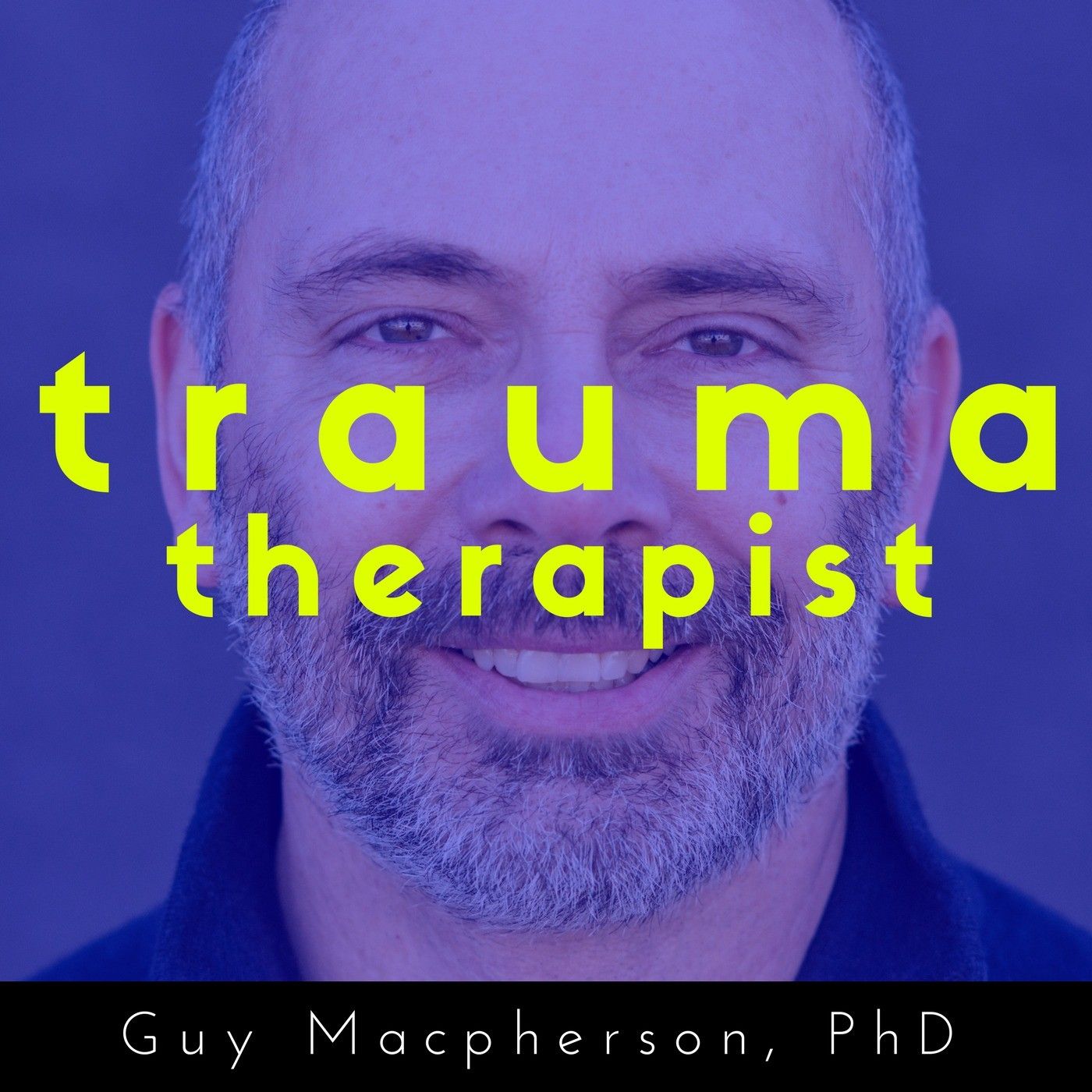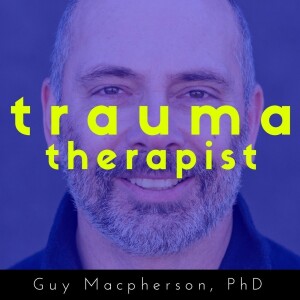
Episode 271: LGBTQIA & The Healing of Trauma. James Lee Winnike
 2018-02-19
2018-02-19
Download
Right click and do "save link as"
A few months ago I received an email from one of my podcast listeners. The writer of this email (and my guest today), James Winnike, said that they liked the podcast, however, felt it was excluding a perspective and lens which needed to be addressed, and that it could, in fact, do better. The email was I’d like to share a bit of that email here: Hey Guy, [Summary: I love your podcast, but wish it more often included an intersectional lens and talked about the ways that marginalized communities experience trauma. These communities even face trauma at the hands of well-meaning therapists, and discussing these identities would help all listeners. I would love to consistently see interviews with black, queer/trans therapists, and generally therapists who themselves experience a high risk for trauma] I am a recent MSW graduate who has found your podcast extremely helpful. I love hearing about mistakes other therapists have made, which helps me to accept my own mistakes. My school did not specialize in trauma informed care, so I have to do my own research, which can be overwhelming. This podcast has really helped me find direction, I am so grateful for that! Because this podcast has helped me so much, I want to reach out about something that has been bothering me recently: the absence of consistent discussions on race, gender, identity, and intersectionality. I work with Black and/or Latinx people who are LGBTQIA and Deaf. I myself am white and trans, which impacts my work every day. Any marginalized identity exponentially increases someone's risk for experiencing trauma, having multiple marginalized identities (deaf, black, and queer) increases the risk further. Sadly I have found that many (not all) of the trauma therapist podcasts discuss issues from an unintentionally straight, white, able-bodied lens. I am left adapting, filling in the blanks, and scrambling to find resources on my own. Sadly, I have many queer Black friends who have had horrible or even traumatizing experiences in therapy! It seems there is a great need for therapists to learn how to work with these marginalized communities. I would love to see your podcast focus on intersectionality and try to include identity in all discussions. There are black transgender therapists who can discuss the mind body connection, there are Deaf queer therapists who can discuss grieving (with an interpreter if they sign), there are black deaf women who can discuss the trauma of sexual assault. I am so hungry for these perspectives!!! Highlighting these voices would also be a great way to fight back against the lack of services available to these clients. Your podcast could pave the way for other mental health podcasts in the field. I couldn’t agree more with what James wrote. I wrote James back and here we are. James is a trans, anti-racist therapist and mental wellness coach, with a specialty in working with Deaf and Hard of Hearing families and adults. Through a framework of intersectionality, they have dedicated their life to understanding the ways that systems of oppression interact with mental well-being and trauma. They strive to meet clients where they are through utilizing expressive arts, body work, mindfulness, and storytelling in the therapeutic process.
Support this podcast at — https://redcircle.com/the-trauma-therapist-podcast-with-guy-macpherson-phd-inspiring-interviews-with-thought-leaders-in-the-field-of-trauma/exclusive-content
Become a supporter of this podcast: https://www.spreaker.com/podcast/the-trauma-therapist--5739761/support.
view more
Support this podcast at — https://redcircle.com/the-trauma-therapist-podcast-with-guy-macpherson-phd-inspiring-interviews-with-thought-leaders-in-the-field-of-trauma/exclusive-content
Become a supporter of this podcast: https://www.spreaker.com/podcast/the-trauma-therapist--5739761/support.
More Episodes
How to Share Your Work with MEDIA+
 2023-09-26
2023-09-26
 2023-09-26
2023-09-26
012345678910111213141516171819
Create your
podcast in
minutes
- Full-featured podcast site
- Unlimited storage and bandwidth
- Comprehensive podcast stats
- Distribute to Apple Podcasts, Spotify, and more
- Make money with your podcast
It is Free
- Privacy Policy
- Cookie Policy
- Terms of Use
- Consent Preferences
- Copyright © 2015-2024 Podbean.com





